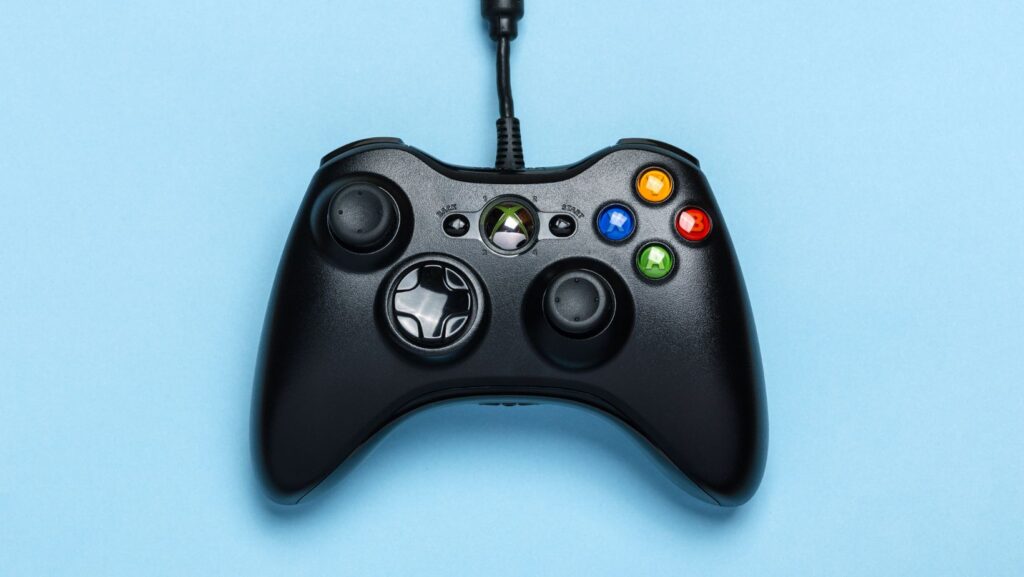In the ever-evolving world of gaming, the news that Xbox might stop making consoles has sent ripples through the community. As a titan in the industry, Xbox’s potential pivot from hardware to focusing more on digital and cloud-based services marks a significant shift in how games are played and experienced. This move reflects broader industry trends towards more accessible and flexible gaming options, beyond the traditional console.
For gamers and industry watchers alike, understanding the implications of this change is crucial. It’s not just about the end of an era for console manufacturing; it’s about the beginning of a new chapter in gaming technology. With Xbox’s vast ecosystem, including Game Pass and xCloud, the company is poised to redefine gaming’s future.
Xbox Stop Making Consoles
A Look Back at Xbox Console History
 Tracing the journey of Xbox’s contributions to the gaming console market provides insight into the evolution of gaming technology and user experience. Beginning with the launch of the original Xbox in 2001, Microsoft entered the gaming industry with a bang, introducing innovative features and powerful hardware. The successor, Xbox 360, released in 2005, further solidified Microsoft’s position in the market, boasting an expansive game library and online multiplayer capabilities via Xbox Live. With the arrival of the Xbox One in 2013, Microsoft emphasized not just gaming but an all-encompassing entertainment experience, integrating live TV, streaming services, and more. The latest generation, Xbox Series X and Series S, launched in 2020, marked a significant leap forward in processing power and graphical fidelity, catering to both hardcore gamers and casual players alike. Each iteration reflected Microsoft’s commitment to pushing the boundaries of console gaming, making Xbox a staple in millions of households worldwide.
Tracing the journey of Xbox’s contributions to the gaming console market provides insight into the evolution of gaming technology and user experience. Beginning with the launch of the original Xbox in 2001, Microsoft entered the gaming industry with a bang, introducing innovative features and powerful hardware. The successor, Xbox 360, released in 2005, further solidified Microsoft’s position in the market, boasting an expansive game library and online multiplayer capabilities via Xbox Live. With the arrival of the Xbox One in 2013, Microsoft emphasized not just gaming but an all-encompassing entertainment experience, integrating live TV, streaming services, and more. The latest generation, Xbox Series X and Series S, launched in 2020, marked a significant leap forward in processing power and graphical fidelity, catering to both hardcore gamers and casual players alike. Each iteration reflected Microsoft’s commitment to pushing the boundaries of console gaming, making Xbox a staple in millions of households worldwide.
The Impact of the Digital Shift
The digital shift, marked by Xbox’s pivot from producing traditional gaming consoles to enhancing digital and cloud-based services, signals a transformative period in the gaming industry. This strategic reorientation towards services like Xbox Game Pass and xCloud represents a response to changing consumer preferences, emphasizing flexibility, accessibility, and a vast library of gaming content. Game Pass, often hailed as the “Netflix for games,” offers subscribers access to a diverse range of games for a monthly fee, including day-one releases of Microsoft’s first-party titles. Meanwhile, xCloud extends the gaming experience beyond the console, enabling players to stream games directly to their phones, tablets, and other devices without the need for powerful hardware. This transition resonates with a broader industry trend towards service-oriented models, reflecting a future where the physical console may no longer be the centerpiece of the gaming ecosystem. The implications of this shift are profound, potentially altering how games are distributed, monetized, and experienced by millions of players around the globe. The initiative not only broadens the accessibility of gaming but also aligns with consumer demand for more flexible and varied gaming experiences, marking a significant moment in the history and future trajectory of Xbox and the gaming industry at large.
Reasons Behind Xbox’s Decision
The decision to stop making consoles stems from a strategic pivot towards digital and cloud-based gaming services. With the industry’s shift to more accessible and flexible gaming experiences, Microsoft focuses on Xbox Game Pass and xCloud. These services align with consumer demands for convenience, showcasing a future where hardware plays a secondary role to cloud-based game streaming. This move marks a significant change in the gaming landscape, driven by technological advancements and changing player preferences.
How This Affects Xbox Gamers
 The transition from traditional console manufacturing to focusing on digital and cloud-based services impacts Xbox gamers significantly. Players now enjoy unparalleled flexibility, accessing a wide variety of games without needing physical hardware, thanks to services like Xbox Game Pass and xCloud. This shift means that gaming experiences are no longer confined by hardware limitations, fostering a more inclusive gaming community globally. However, for those who prefer physical consoles and discs, this move marks the end of an era, nudging them towards adapting to cloud gaming’s evolving landscape. Ultimately, the strategy behind Xbox’s decision to stop making consoles directly responds to and shapes the future of gaming, ensuring that players’ needs for convenience and access are at the forefront.
The transition from traditional console manufacturing to focusing on digital and cloud-based services impacts Xbox gamers significantly. Players now enjoy unparalleled flexibility, accessing a wide variety of games without needing physical hardware, thanks to services like Xbox Game Pass and xCloud. This shift means that gaming experiences are no longer confined by hardware limitations, fostering a more inclusive gaming community globally. However, for those who prefer physical consoles and discs, this move marks the end of an era, nudging them towards adapting to cloud gaming’s evolving landscape. Ultimately, the strategy behind Xbox’s decision to stop making consoles directly responds to and shapes the future of gaming, ensuring that players’ needs for convenience and access are at the forefront.

